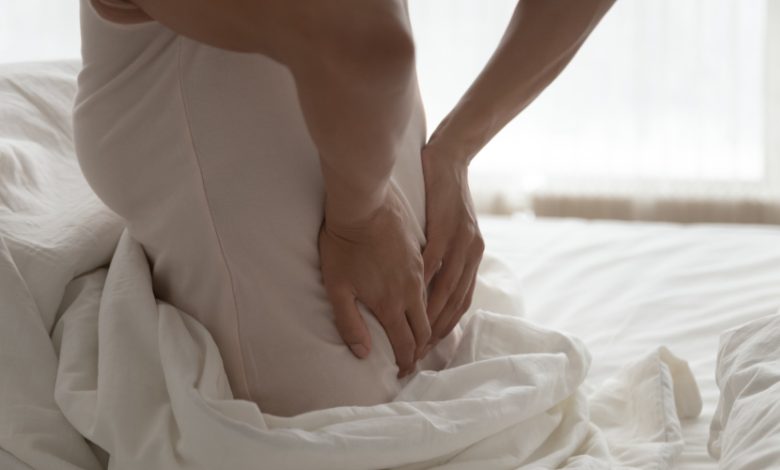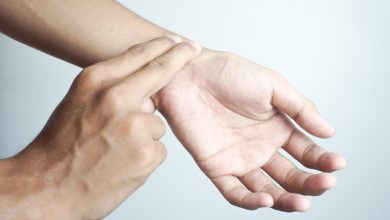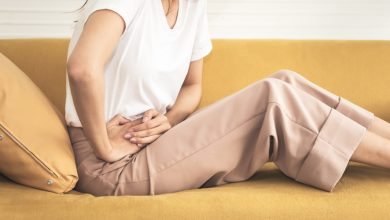Tackling the Ongoing Issue of Back Pain During Menstruation

Understanding Lower Back Pain During Menstruation
Many women experience lower back pain during their period due to hormonal changes. This discomfort is often caused by fluctuating hormones that affect the lower back muscles. Prostaglandins, which help the uterus contract and shed its lining, can also influence these muscles, leading to pain.
If you suffer from painful periods (dysmenorrhea), it may be due to excessive prostaglandin production, which causes strong contractions that radiate from the lower abdomen to the lower back. Women with endometriosis also frequently report back pain before their period. If this sounds familiar, it’s a good idea to consult a doctor for proper diagnosis and treatment.
How to Relieve Lower Back Pain During Your Period
For mild to moderate pain, these simple remedies can help:
- Apply Heat – A heating pad or hot water bottle on your lower back can soothe pain and relax tense muscles.
- Try Pain Relievers – Over-the-counter options like ibuprofen, aspirin, or capsaicin-based topical creams can ease discomfort and relax muscles.
- Prioritize Rest – If the pain is severe, taking time to rest is crucial. Gentle activities like reading, light yoga, or soaking in a warm bath can help release endorphins, which naturally reduce pain.
- Watch Your Diet – Reduce inflammation by limiting smoking, alcohol, caffeine, salt, and fatty foods. Instead, drink plenty of water and eat anti-inflammatory foods like fruits and vegetables.
- Stay Active – While intense workouts may be difficult, gentle activities like yoga and swimming can improve circulation and help reduce pain.
When to See a Doctor
If lower back pain during your period is severe enough to disrupt your daily routine, it’s important to seek medical advice. A doctor can run tests to identify underlying causes, such as endometriosis, and recommend treatment options ranging from medication to home remedies.
Final Thoughts
Lower back pain during menstruation is a common symptom of conditions like PMS, dysmenorrhea, and endometriosis. While home remedies like heat therapy, rest, and light exercise can provide relief, severe pain may require medical attention. If your discomfort persists despite these measures, don’t hesitate to consult a doctor.



